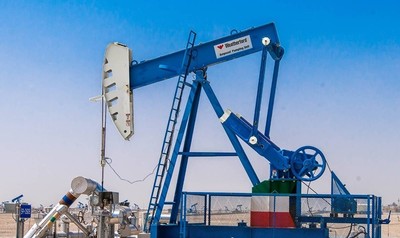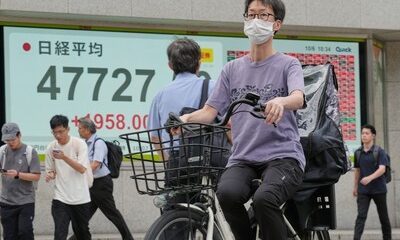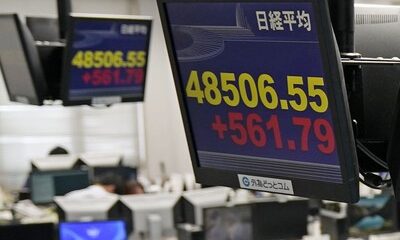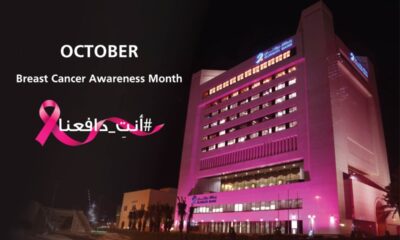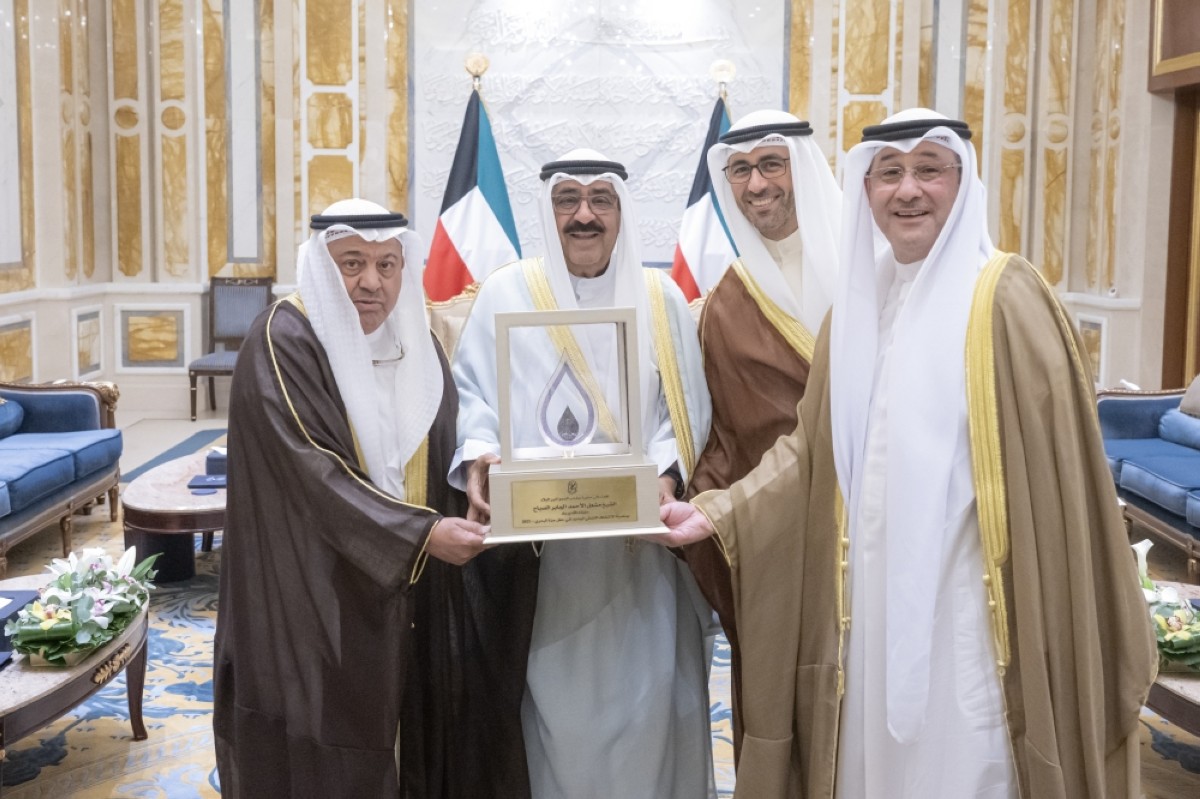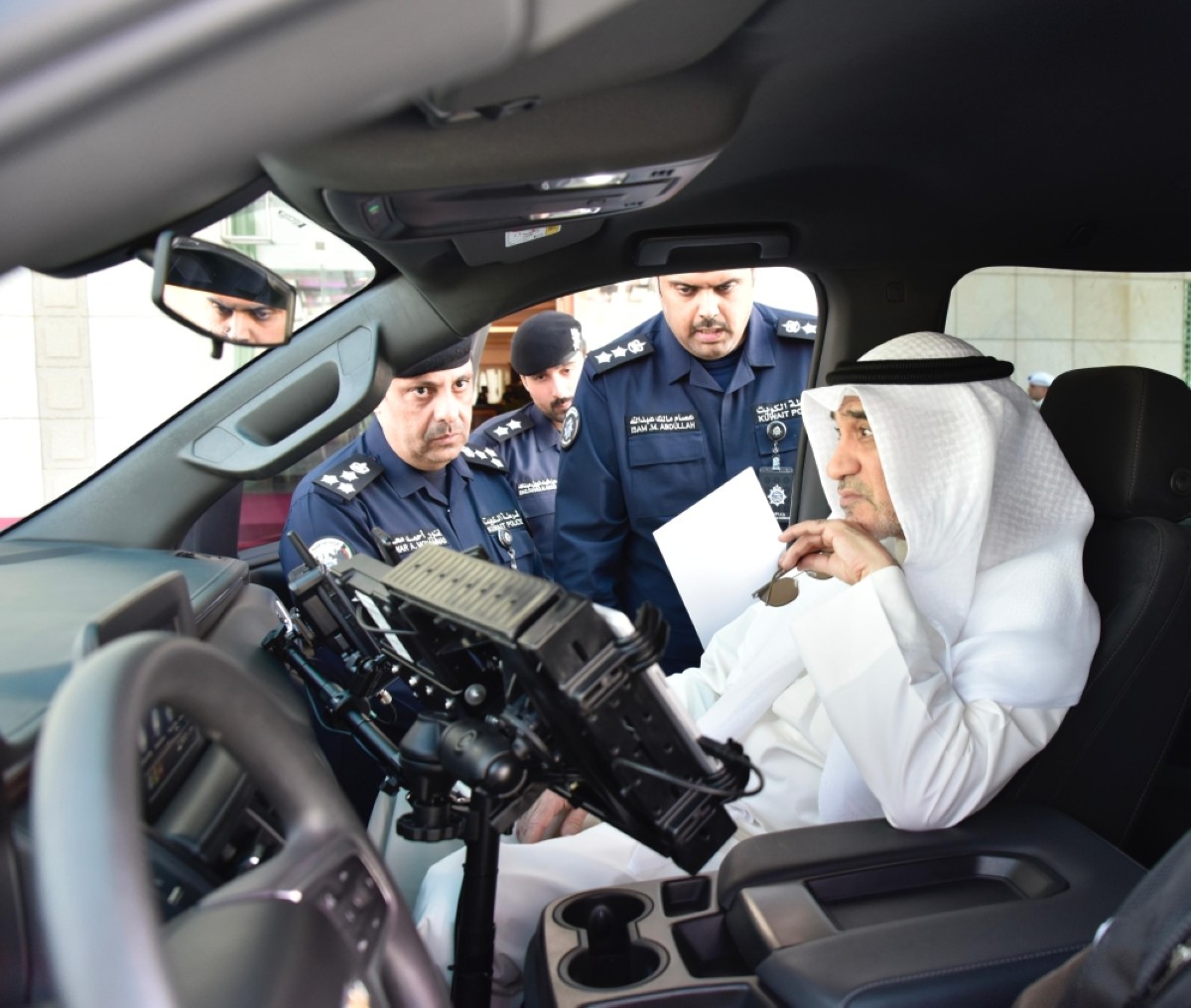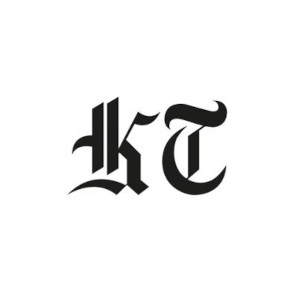KUWAIT: Gold prices surged to unprecedented levels last week, bolstered by escalating geopolitical tensions, heightened US-China trade frictions, and a sharp decline in the US dollar, according to a report issued Sunday by Kuwait’s Dar Al-Sabayek Company. Spot gold prices reached an all-time high of $3,245.45 per ounce, marking a weekly gain of 6.9 percent. The report attributed the rally to increased global demand for safe-haven assets, driven by fears of a global economic slowdown and the weakening of the US currency.
Gold futures for June delivery also witnessed strong gains, closing at $3,244.6 per ounce, an increase of $67.1 or 2.1 percent in a single trading session. The report noted that the US dollar index fell significantly to 99.01 points — its lowest level since May 2022 — following the release of weaker-than-expected US economic data. This included a 0.4 percent monthly decline in the Producer Price Index (PPI) for March, marking its first contraction in 17 months.
The annual inflation rate, as measured by the PPI, also eased to 2.7 percent in March from 3.2 percent in February. Core inflation, which excludes volatile food and energy prices, remained stubbornly high at 3.3 percent, complicating the outlook for US monetary policy, the report stated. Consumer sentiment also deteriorated, with the University of Michigan’s consumer confidence index dropping from 57 points in March to 50.8 in April’s preliminary reading. The data reflects growing pessimism among US households regarding economic conditions and inflation expectations, which rose to 6.7 percent in the short term and 4.4 percent in the long term.
Meanwhile, trade tensions between the US and China reached new heights after Washington raised tariffs on Chinese imports to 145 percent. Beijing responded with retaliatory tariffs of 125 percent on US goods. The dispute now affects over $700 billion in bilateral trade, according to the report. This intensification of the trade war has further reinforced gold’s appeal as a safe-haven asset, helping it remain above the $3,200 mark despite the upward movement in real yields on US 10-year Treasury bonds, which rose to 2.307 percent — typically a bearish factor for gold.
Dar Al-Sabayek emphasized that gold’s resilience amid rising yields underscores the dominance of geopolitical and economic uncertainty over traditional market drivers such as interest rates. The report added that market sentiment this week will likely be shaped by key events, including corporate earnings on Wall Street, US retail sales and industrial production data, GDP figures from China, and inflation and employment statistics from the United Kingdom. Decisions from major central banks — the European Central Bank, Bank of Canada, and Bank of Korea — are also expected to influence markets.
Gold continues to attract strong investor interest as the preferred asset during periods of global instability. Ongoing tensions in the Middle East and Red Sea region, the protracted Russia-Ukraine conflict, and China’s military activity near Taiwan have all contributed to heightened demand for the precious metal. In the local market, the report stated that 24-karat gold was priced at KD 32.1 per gram (approximately $98), while 22-karat gold stood at KD 29.42 (around $90) per gram. Silver prices held steady at KD 370 per kilogram (about $1,209). The report also clarified that the troy ounce, commonly used in precious metals trading, is equivalent to 31.103 grams. — KUNA


 Latest News24 hours ago
Latest News24 hours ago
 Politics16 hours ago
Politics16 hours ago
 Politics15 hours ago
Politics15 hours ago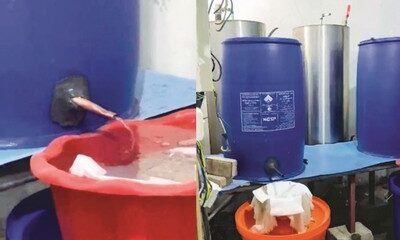
 Politics11 hours ago
Politics11 hours ago
 Business16 hours ago
Business16 hours ago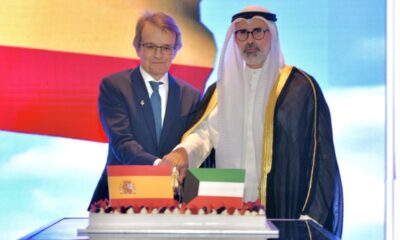
 Latest News9 hours ago
Latest News9 hours ago
 Latest News16 hours ago
Latest News16 hours ago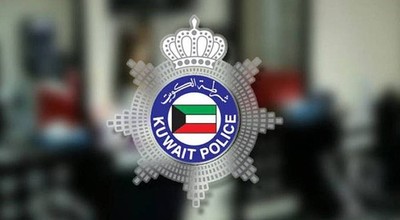
 Politics13 hours ago
Politics13 hours ago


